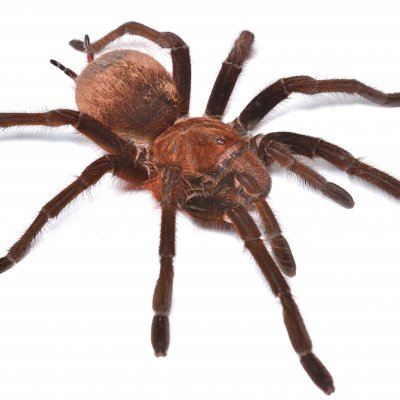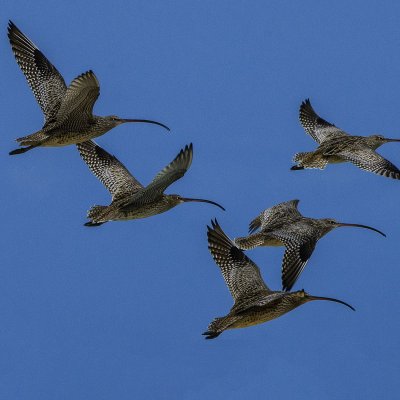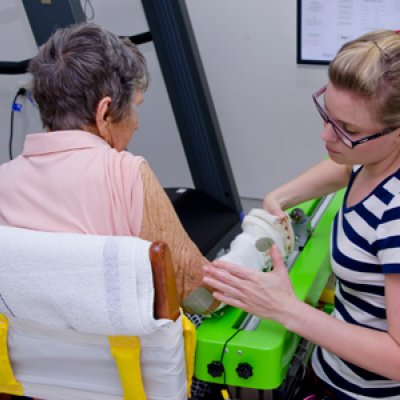Molecules from the venom of one of the world’s largest spiders could help University of Queensland-led researchers tailor pain blockers for people with irritable bowel syndrome (IBS).
21 September 2020UQ scientists are studying plants' microbial communities, with the aim of improving crop and plant yields. A piece of land on Queensland's Sunshine Coast has proved vital to their quest, with its wide range of species in close proximity, in very...
10 August 2017How do you reconcile the recreational needs of a city of two million people with the protection of migratory birds recovering after journeys half way around the planet?
22 April 2016Cone snail venom has given University of Queensland researchers a lead on the possible detection and treatment of some cancers and addictions.
8 January 2015A non-robotic device that helps stroke survivors regain upper limb movement is expected to be commercially available in Australia within the next 12 months.
9 November 2012In an Australian first, The University of Queensland (UQ) has entered into a landmark agreement with technology specialist Siemens, to install a powerful MRI system that is more than twice as strong as any other MRI system currently available in the...
21 July 2011

-1.jpg?itok=H4yHma7I)
